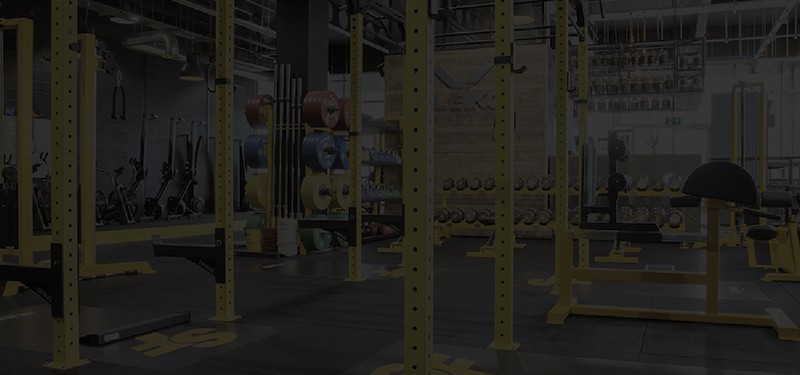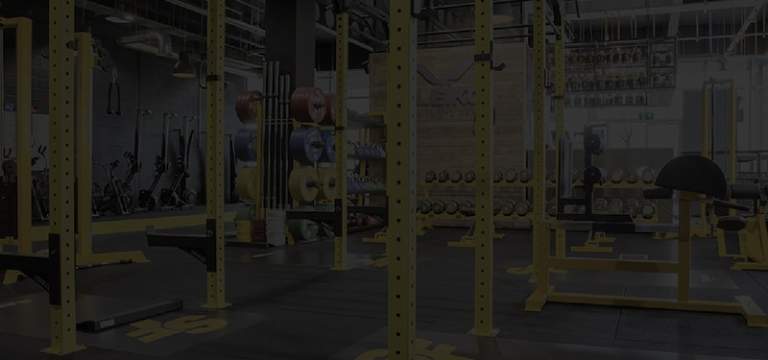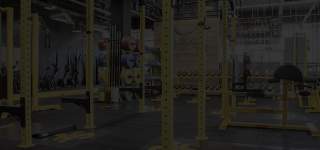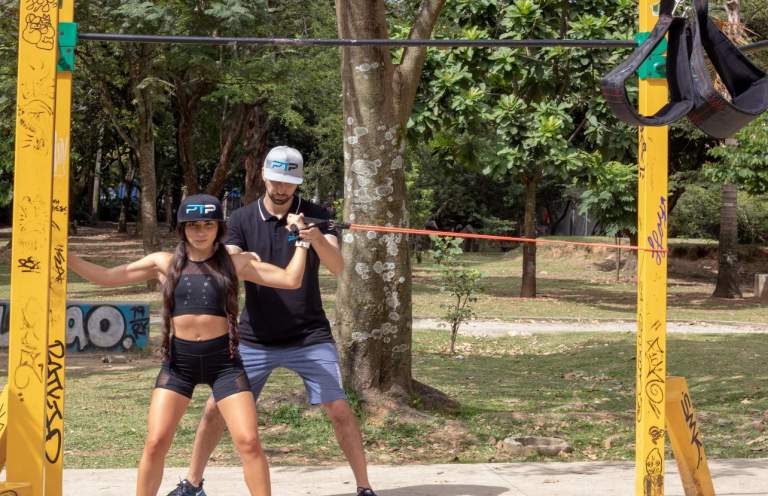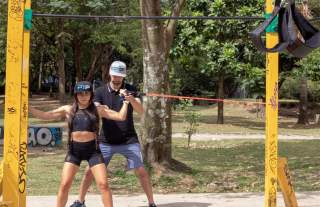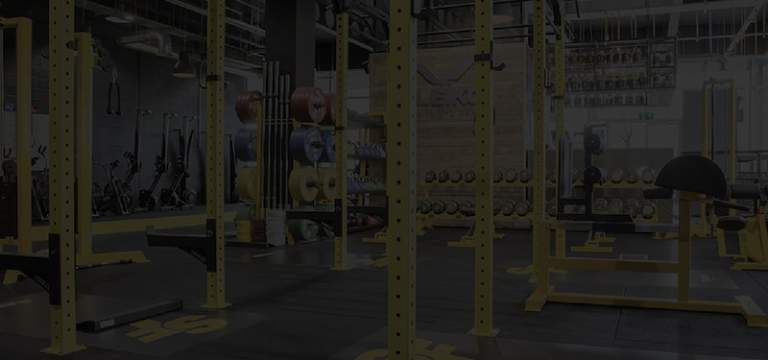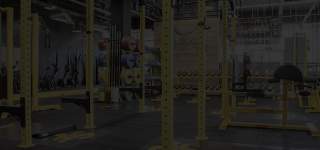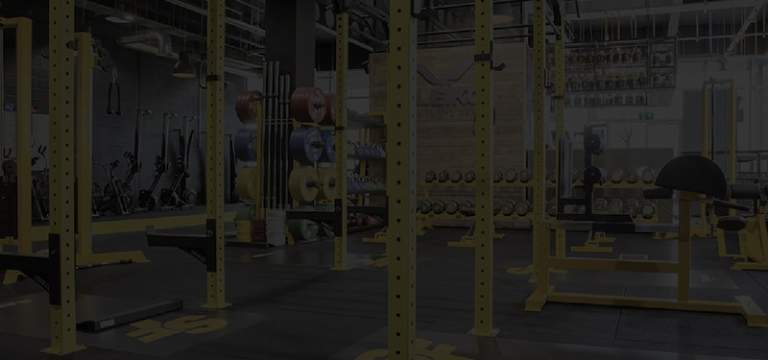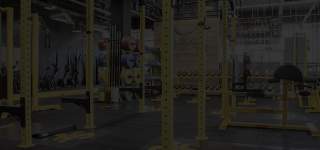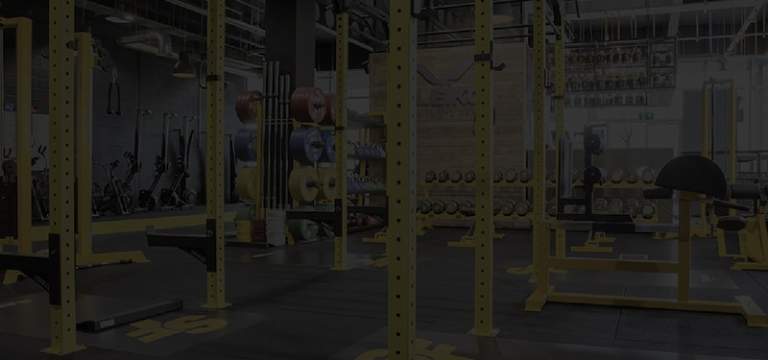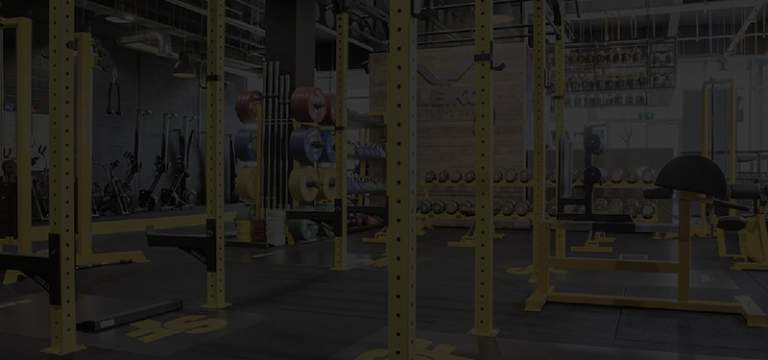Marathon runners, bodybuilders and all kinds of other fitness fanatics ask this question time and time again as they race to replenish their nutritional stores after a hard work-out. When trying to plan your workout recovery it’s really important to remember that standard foods will always be better than those that are engineered – even if they’re marketed as re-energising. The majority of athletes understand the importance of the one hour window, when the body replaces glycogen at its fastest rate. However, a lot of athletes don’t realise that their body continues to refuel for several hours afterwards, but at a slower rate. Immediate refuelling therefore is only important for athletes that will be doing a second intense training session within six hours of the first, in which case it’s imperative to consume a large number of carbohydrates to help repair and replenish depleted levels of glycogen in order to be able to exercise again soon after. If you’re not going to be exercising within six hours of finishing an intense workout then it’s not essential to refuel immediately and you should take the following 24 hours to allow your body to refuel slowly. In order to refuel effectively you should accompany all snacks and meals with carbohydrates and protein.
How many carbs do I need?
All athletes know that they need to refuel if they’re going to be able to keep up with their training regimes but a lot of them don’t know how many carbs are appropriate. This table, from the International Olympic Committee’s Nutrition Recommendations, details the amount of carbs athletes should be eating depending on the intensity and length of their workout.
Amount of exercise |
Gram carb/lb |
Gram carb/kg |
Moderate exercise(~1 hour/day) |
2.5-3 |
5-7 |
Endurance exercise(1-3 h/day) |
2.5-4.5 |
6-10 |
Extreme exercise(>4-5 h/day) |
3.5-5.5 |
8-12 |
Good carbohydrate and protein recovery foods
A foundation of carbohydrates, such as bread, cereal, fruit and vegetables, along with a smaller amount of protein – between 10 and 20 grams per snack/meal – is essential for any post-workout recovery snack or meal. Here are a few ideas if you’re struggling for something to eat:
- Fruit smoothie – with berries, banana and Greek yoghurt
- Cereal – with milk
- Bagel – toasted, with a decaf latte
- Pasta and meatballs
- Jacket potato
It’s important to get the right proportions of carbohydrates and proteins in each of your meals – carbohydrates should far outweigh the protein. If you choose to consume protein bars and shakes it’s important to pair them with high-carb foods otherwise, although your muscles will be repaired they won’t have refuelled. A great way to give a protein shake the carbs that your body requires is by blending in some banana, berries and even crackers. If, during your exercise regime, you want to lose weight it’s important to bear in mind that the calories you eat to help your body recover from a workout count towards your daily consumption. Sometimes the extra 300 – 500 calories that you eat after a workout can cause you put weight on if you’re not adjusting your main meals accordingly. If this is the case then it’s best to schedule your workouts so that they fall near to a meal time so that recovery calories aren’t necessary.
Electrolytes
All athletes know that they lose electrolytes during exercise and that they need to be replaced afterwards but it’s not the branded sports drinks that you should be reaching for. Although PowerAde, Gatorade and other sports drinks do contain sodium, they’re diluted and intended for use during exercise when electrolyte levels are dwindling. If you’re trying to choose a sodium-filled drink for after a workout then natural products like low-fat milk and chocolate milk are naturally much higher in sodium than sports drinks.

